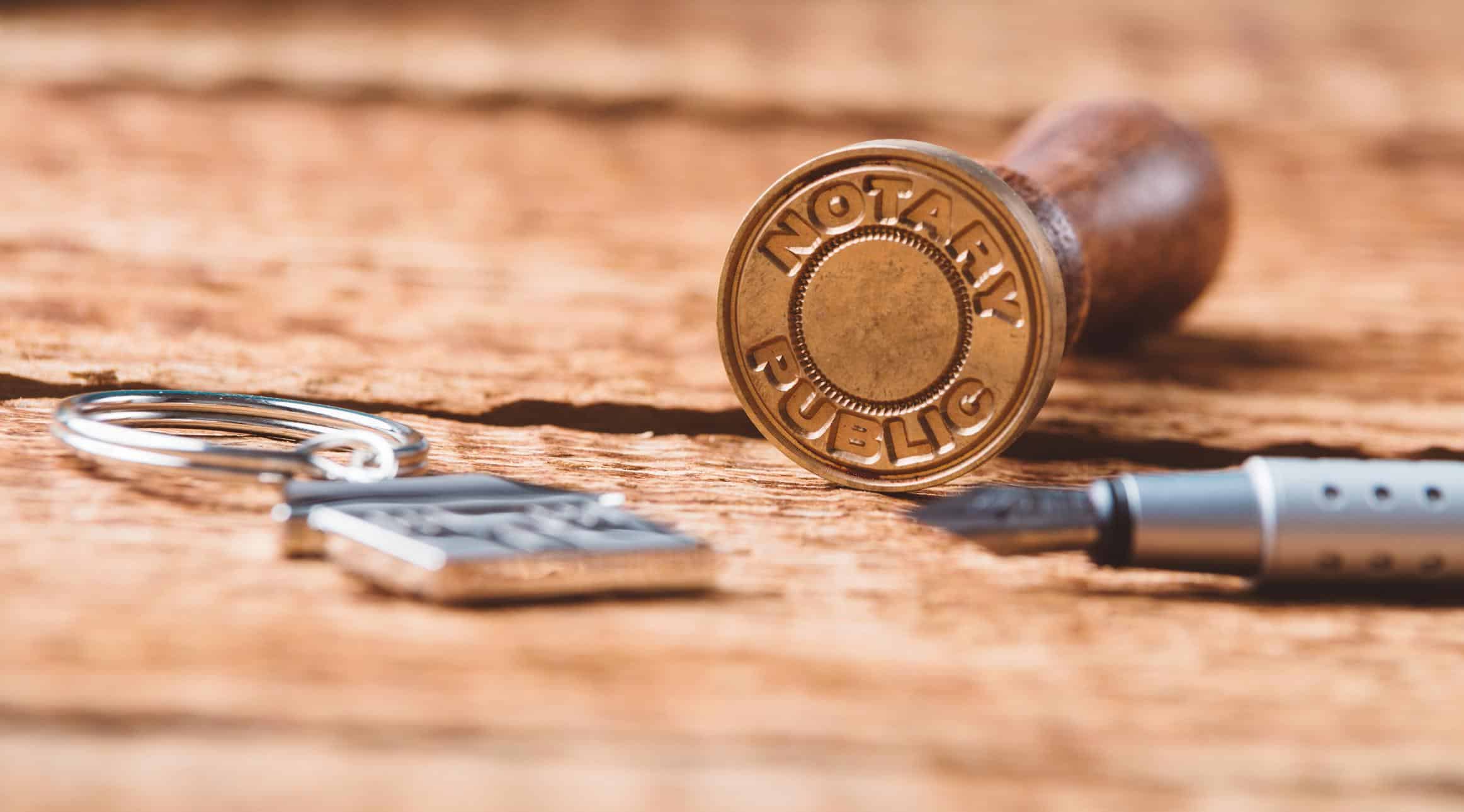Legacy Design Strategies
Omaha, NE, Minot, ND and Iowa Fall, IA Estate Planning and Elder Law Firm
Estate Planning and Elder Law Blog

After the coronavirus pandemic hit, and the virus spread continued to surge throughout 2021, the methods of getting a document quickly and safely notarized evolved, reports WTOP’s article entitled “What Is a Notarized Document — and Where Can I Get Something Notarized?”
“Notaries have bent over backwards to accommodate the varying needs during the pandemic,” says Bill Anderson, vice president of government affairs at the National Notary Association. “The pandemic didn’t stop business. Even though we’ve been working from home, and it’s been harder than usual to get work done, the types of documents that required notarization before the pandemic continue to require notarization during the pandemic.”
A notary is appointed by the state to serve as an impartial witness to protect against fraud. They act as gatekeepers during the signing of important documents. Moreover, they’re required to follow specific rules in accordance with state laws and regulations. Notarization is an official process in which the parties of a transaction make certain that a document is authentic and legitimate.
Notarization entails the verification of a signer’s identity, their willingness to sign without duress or intimidation, along with their awareness of the document’s contents.
Notarizations can also be called “notarial acts.”
There are three common types of notarial acts:
A notary will ask to see a current ID that has a photo, physical description and signature. He or she will also record the details of the notarization in a chronological journal of notarial acts.
If a document fails any of the criteria, the notary will refuse to validate the document.
The process is complete when the notary affixes his or her signature and seal of office on a notarial certificate.
Reference: WTOP (Aug. 26, 2021) “What Is a Notarized Document — and Where Can I Get Something Notarized?”

Get Started Today
Book your Free Estate Planning Consultation Now
Stay Up-To Date
Subscribe to Our eNewsletter
9859 South 168th Avenue,
Omaha, NE 68136
7 Third Street SE, Suite 202,
Minot, ND 58701
320 North Oak Street, PO Box 295,
Iowa Falls, IA 50126
